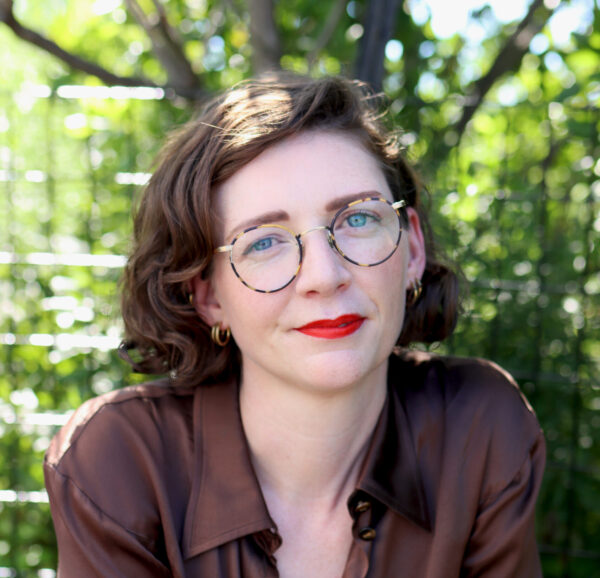
We are delighted to be offering Writing the Essay in May 2024. Rebecca Harkins-Cross has provided some insights into the program.
FWA: How did you find your way into writing essays? What is it about the form that particularly excites or interests you?
RH-C: I originally studied journalism but found myself gravitating towards the essay after getting frustrated by the constraints of journalistic forms: rigid word counts, formulaic structures, the pretence of an objective ‘I’. For me the literary essay represents a space of possibility, where as Emerson suggested “everything is admissible”. The essay’s ability to move between topics and registers, as well as its capacity for experimentation and digression, is endlessly generative and inspiring.
FWA: Lots of people think of essay writing in terms of academic or educational assessments. Would you tell us about some of the other types of essays writers might aspire to produce?
RH-C: The essay is indeed a broad church. The literary essay is far less utilitarian than its academic counterparts, which have the lofty goal of contributing to knowledge. The essay’s literary incarnation might similarly have rhetoric aims – alongside entertaining, moving and/or challenging its reader – but I guess the key difference is the stylistic and aesthetic strategies the literary essayist wields to achieve these aims, using techniques like scene, dialogue, voice, tone, poetics, etc. Participants are welcome to try their hand at any of the literary essay’s expansive subgenres, including the personal essay, travel essay, biographical essay, critical essay and reportage.
FWA: Who are your favourite essay writers and what is it about their writing that particularly impresses you?
RH-C: The essay has often been described as a map of the mind thinking, and I’m drawn to writers whose meditations make me see the world anew. I often return to classic stylists like James Baldwin, Joan Didion and Natalia Ginzburg, as well as more experimental examples from contemporary North American writers like Wayne Koestenbaum, Chris Kraus and Hilton Als – three writers who radically reconfigured what I thought was possible in the form. Closer to home I’m always thrilled to read new work by Ellena Savage, Maria Tumarkin, Evelyn Araluen, Fiona McGregor, Sally Olds, Eda Gunaydin and Fiona Wright.
FWA: Participants in ‘Writing the Essay’ will have the chance to develop and polish their own essay during the course. How far along do they need to be with their project at the start of the program?
RH-C: This course invites participants at every stage of their writing journey – the only prerequisites are curiosity and a willingness to think alongside one another. Together we will read various examples, discuss aspects of craft and technique, and undertake writing and brainstorming exercises to spark new ideas and refine our prose.
FWA: What is the main thing you hope participants will have achieved at the end of the course?
RH-C: This course will provide participants with a broad overview of the literary essay, from generating ideas to getting published. But what I really hope – which I think is the most valuable thing any writing course can offer – is to introduce participants to new writers and begin conversations that inspire them to keep writing once the course concludes.
Writing the Essay
with Rebecca Harkins-Cross
ONLINE
7 May – 4 June 2024